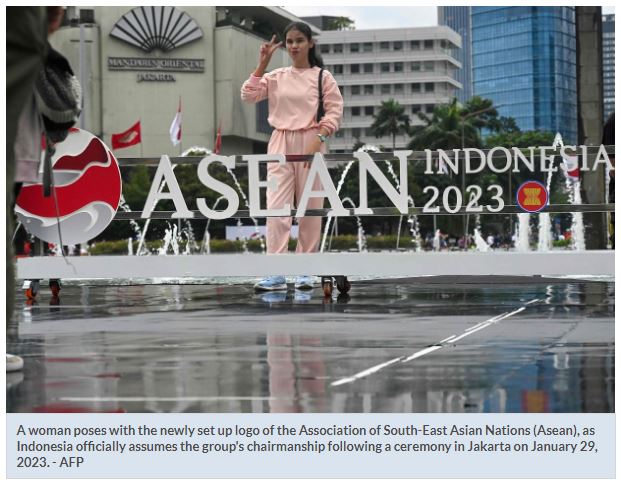Indonesia 2022 GDP growth races to 9-year high on resource boom
JAKARTA: Indonesia’s economic growth climbed to its strongest in nine years last year fuelled by revived spending from the lifting of pandemic restrictions and as a global commodity boom sent exports to a record high.
Southeast Asia’s largest economy gained from high global commodities prices in the aftermath of the Russia-Ukraine war that aided the rupiah and improved the country’s current account. But growth momentum slowed in the final quarter as prices moderated and weaker global demand, high inflation and a rise in interest rates could pose a drag on activity this year.
The economy expanded 5.31% in 2022, Statistics Indonesia data showed on Monday, its best annual growth rate since 2013, and faster than the 5.29% expected in a Reuters poll.
In the fourth quarter, gross domestic product expanded 5.01% on an annual basis, compared with 4.84% growth predicted by the poll and 5.72% in the previous three months.
Household consumption, which accounts for more than half of Indonesia’s GDP, accelerated last year, especially supported by travel-related spending as COVID-19 restrictions eased.
Indonesia removed most movement curbs last year after daily cases dropped and vaccination rates rose, driving up household consumption. All remaining measures were lifted at the end of the year.
Investment grew 3.87% last year, similar to 2021’s growth but is yet to return to pre-pandemic levels, the statistics bureau said.
Exports grew on the back of soaring commodity prices after the Russia-Ukraine war began in February. Indonesia is a major supplier of thermal coal, palm oil and nickel steel.
The country’s shipments reached a record high of $292 billion last year.
Meanwhile, government spending in 2022 contracted as Jakarta started to ease back from pandemic-era health and social spending.
Government officials have said economic activity may slow this year, predicting a global economic downturn that would lead to a further drop in commodity prices and a slowdown in Indonesia’s exports.
“China’s economic reopening indeed could support demand, but commodity prices are still prone to continued weakening amid prospects of increased supplies and lower demand in the U.S. and euro zone,” said Faisal Rachman, Bank Mandiri economist.
This year’s growth would likely be supported by household consumption while inflation is under control, and amid continued improvement in people’s mobility, Faisal said, predicting growth of 5.04% in 2023.
Jakarta has set a target of 5.3% for economic growth in 2023 but Finance Minister Sri Mulyani Indrawati said last week GDP growth would come in slightly below that rate in 2022. – Reuters


 English
English




